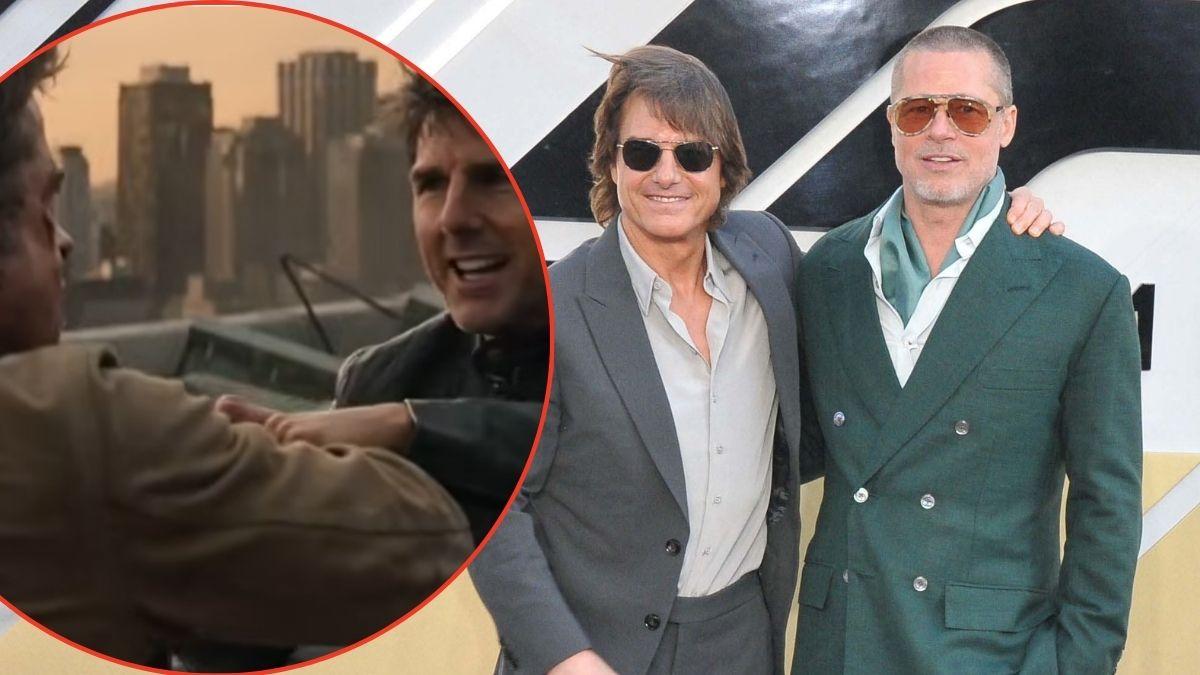Aggression, Drugs, & Chaos! Pals Recall The Clash’s Wild Lifestyle Before Split
July 3 2019, Published 3:08 p.m. ET
The Clash exploded in the music industry in the 1970s at the forefront of the emerging punk rock scene. But the same aggression and attitude that led them to success eventually became the main cause of their tragic downfall.
“They were politically-charged, they were emotionally-charged, they were wild,” says rock critic Jordannah Elizabeth in REELZ’s new docuseries The Clash: Breaking the Band.
The series shows shocking old clips of the bandmates roaming the streets with fans, partying hard, and causing chaos.
“Trouble excited The Clash, it brought the best out in them,” The Clash’s former road manager Johnny Green says in the show.
The iconic band went on to influence later music groups such as U2, No Doubt, and Public Enemy.
“I don’t think Nirvana or Tad or Soundgarden, or Pearl Jam would exist without The Clash,” adds Elizabeth.
For years, their fans idolized them, but behind the scenes, the band’s two front men were locked in bitter rivalry.
“It was all very nasty,” recalls Robin Banks, a friend of the band.
“I remember thinking ‘This is just all going to end in tears,’” says Terry Chimes, The Clash’s former drummer.
Apart from their eccentric personalities onstage, the rockers also lived large and fast offstage.
“Topper Headon walked in and started laying out lines of powder.” Green recalls.
“They went mad, and people think I’m joking when I say that — I’m not at all. I think that The Clash went mad,” says Chris Salewicz, a friend of the band.



